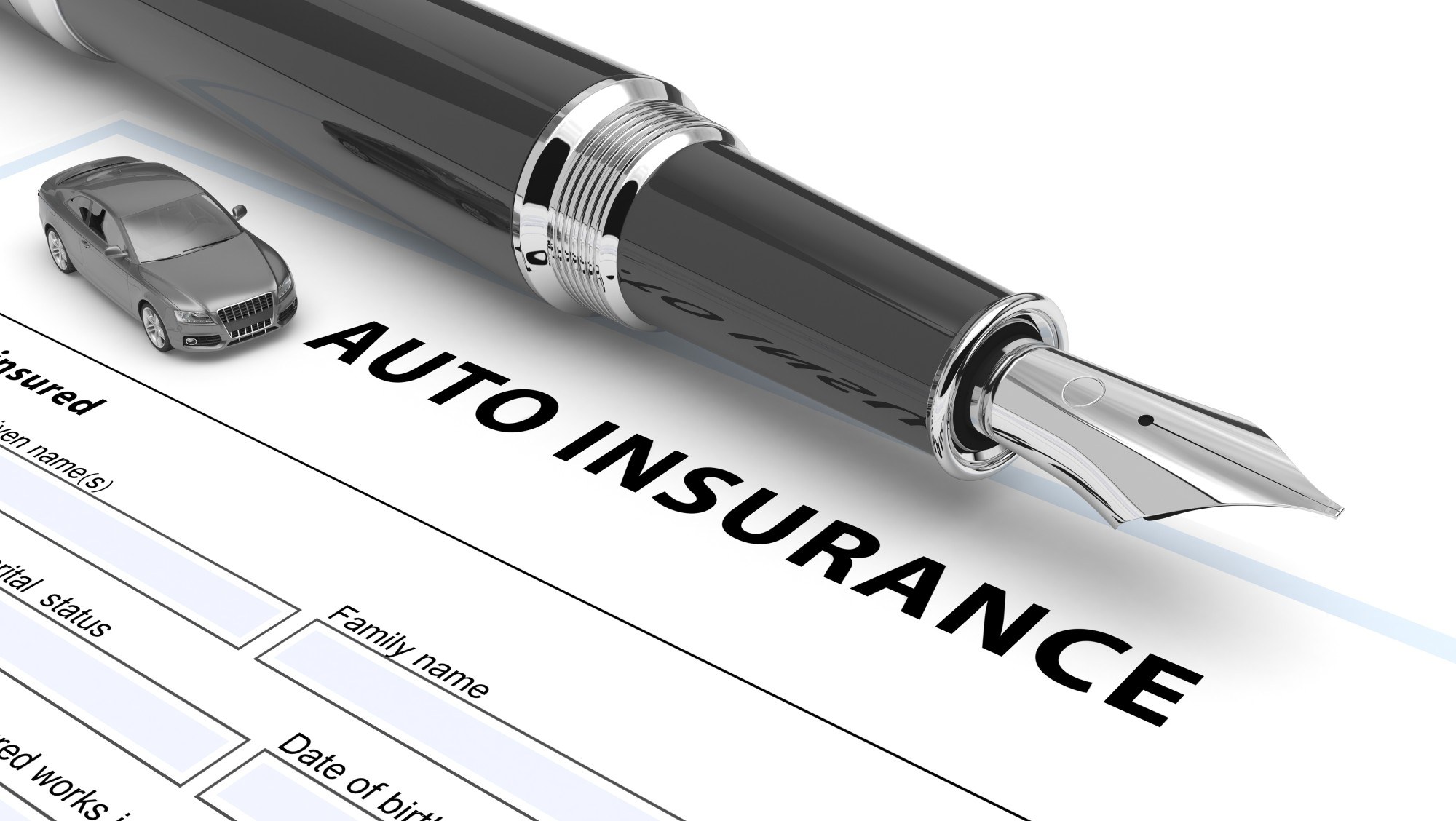If you've been a car enthusiast for a while, you've likely heard of high-end classic car auctions such as Barrett-Jackson events. Often televised, these auctions have a parade of one perfect Ferrari and Shelby Cobra after another.
While you may catch a few affordable rides here and there, most of the vehicles offered at Barrett-Jackson are for big spenders. However, there is a range of car auctions that allow you to find a practical, quality car at a fair price.
Why Buy a Car from Auction?
Auto auctions – whether online or in-person – bring together a higher volume and variety of used vehicles with competitive pricing (and no dealer markup). Compared to shopping at a dealership or dealing with private sellers, auto auctions can be fun and often provide great deals.
Car prices and variety are typically better than dealerships and private sales, but another benefit that you won’t find elsewhere is an inventory of government and fleet vehicles, repossessed vehicles, and discontinued or rare models.
Types of Car Auctions
Car auctions are different from buying a car at a dealership or from a private seller, but they offer an opportunity to purchase a used car at a great price or find a rare vehicle.
There are different types of car auctions, however, each with a different type of inventory and buyer auctions.
Closed and Dealer-Only Auctions
Car auctions are always happening, but they’re not always open to the public. Many are closed auctions that are only available to authorized dealers with a dealer license.
Typically, dealerships send representatives to purchase vehicles at auction for their inventory. They get prices at wholesale prices and mark them up on the lot. The cars at these auctions are usually new or almost new.
Though rare, a consumer may be able to get a complimentary pass to a dealer auction. Keep in mind that this means you’ll have to compete with professionals with a lot of experience with car auctions. If you go this route, you may want to bring in a broker-dealer to bid on your behalf.
Public Car Auctions
Public car auctions are open to anyone who wants to buy a vehicle. These auctions usually have a much larger inventory of cars, including rare, new, and used cars. You may find a gem, but you can expect to see a lot of cars in poor condition.
Public auctions often attract a mix of vehicles from private sellers, other auction companies, government and law enforcement, and some dealerships that are looking to turn over inventory that hasn’t sold.
Online Car Auctions
Online car auctions are growing in popularity. Companies like ACV Auto Auction, Cars and Bids, and AutoBidMaster are leading the industry with new and used cars that are posted online for remote bidding. Both public and dealer auctions can take place online.
All it takes to participate in an online auction is a registration to the site. You don’t need to travel to an in-person auction or obtain a dealer license. All the information is on the site, you make your bid, and you wait to see the results.
While there’s a much wider selection of vehicles at online auctions and the convenience of car shopping from home, there are some drawbacks. You’re relying on the description of the vehicle to buy sight unseen and can’t inspect the vehicle yourself.
Government and Police Car Auctions
Government agencies have car auctions, including the General Services Administration (GSA) and state police. They often unload their old fleets to make room for newer models, so you can find quality vehicles.
In addition to surplus vehicles, auctions may have government-seized vehicles that have been confiscated and need to be sold. While government-use vehicles are usually well maintained, confiscated vehicles may have a tarnished history report.
Salvage Auctions
Salvage auctions sell vehicles that have a salvage title, which means the insurance company considered it more cost-effective to pay out a claim than repair the vehicle. The claim could be an accident, but salvage titles may be used in cases of theft recovery, flood, or fire damage.
If you have knowledge and skills with vehicle repair and restoration – or someone who can help – salvage auctions offer a lot of potential savings. However, if you don’t, it’s a gamble choosing a car with repair costs that may eclipse its value.
Some auto insurance companies won’t cover salvage vehicles, so you may need to switch your insurance provider for your salvage vehicle.
Where Do the Cars in the Auctions Come From?
Car auction inventory can vary by the type of auction, but many auctions have a range of vehicles from different sources.
For example, there are salvage auctions that sell vehicles that have been totaled in accidents and would’ve otherwise gone to a junkyard to be sold for parts. You can get a salvage vehicle at a significant discount, but keep in mind that you’re responsible for repairing and restoring it.
Dealerships may offload their unsold inventory through auctions, rental companies turn over their aging rental fleet vehicles, and some lenders sell repossessed vehicles through auctions. Law enforcement and government agencies may use public auctions to sell older vehicles as well.
While there may be a few lemons at auction, most vehicles are perfectly fine. The auction is a no-hassle solution for dealerships, government agencies, rental companies, and lenders. You may even find vehicles that are still under manufacturer warranty.
How Do Car Auctions Work?
Wondering about the ins and outs of a car auction? It can seem chaotic if it’s your first time, but the process is similar from auction to auction.
Typically, you need to register for the auction before you can place a bid, which may include a registration fee. Note that some public car auctions require pre-registration or membership fees. Check into the auctions you’re interested in and register as early as possible.
Before the official bidding starts, all vehicles are driven to the auction hall and presented on stage. The auctioneer describes the make, model, year, and features to the bidders. Pay attention, since the auctioneer’s description is the legally binding selling statement if you place a bid.
Most vehicles will be listed with a starting price. If you have your eye on a car, preview it to make a final decision on whether you want it or not and at what price you’d like to start. Prospective bidders usually need to get a number to bid on auctioned vehicles.
Once it hits the stage, you can start bidding. All you need to do is raise your hand with a card or catalog to register your bid, but your bids must be distinct and recognizable. Some auctions require a bidder badge. The highest bid is the winning bid, and the auction ends with the sound of a hammer.
Preparing for Your First Car Auction
Auctions have a simple process, but it can seem intimidating at first. Here are some basic tips to give you an idea of what it takes to have a successful outing:
(If you’re serious about buying a vehicle from auction, read through our guide on how to buy a car at auction.)
Research: You can find gems at car auctions, but there are plenty of vehicles that are in poor condition as well. If you’re not looking for a vehicle to repair or restore, it’s important to research your prospective vehicle by running a VIN check and evaluating the vehicle’s history.
Budgeting: Emotions can run high during an auction, leading to bidding wars. It’s important to set a budget in advance to avoid getting caught up in the excitement and overpaying for your vehicle. Vow to stick to it, no matter how the bidding unfolds.
Inspection: Auction cars are often sold “as is,” so you won’t get a refund if the car is defective. So it’s important that you, or a professional you hire, can properly inspect the vehicle before purchasing.
Final Preparations: Make sure you’ve completed the necessary registration to participate in the auction and paid any fees. Check into the documentation you must bring, which may include your driver’s license or proof of insurance.
Get Started with Car Auctions
Car auctions are becoming the go-to platform for people to browse a variety of vehicles and get a good deal on a new or used car. However, auctions can be overwhelming for first-time buyers. Attend a few auctions as an observer to get a feel for how the process goes.
The more you know going in, the better off you’ll be. Do your research into different auctions by checking into local auctions or browsing websites like AutoBidMaster and Copart, which offer educational resources for first-time buyers.
Frequently Asked Questions About Car Auctions
Is It Safe to Buy a Car from an Auction?
There are risks involved with all car auction purchases. With no warranty, no test drive, and the potential for undocumented damages, you don't get many of the safeguards that you receive when you buy a car from a dealer. However, most reputable car auctions have extremely strong customer satisfaction rates -- both in price and product quality.
What Do I Need to Buy a Car from an Auction?
It depends on the auction. If the auction is open to the public, you’ll need evidence of purchasing power, proper identification, and you’ll likely need to sign a pre-bidding agreement. For closed and dealers’ auctions, you might need a dealer’s license or previous authorization from the auction service.
Do You Need a License to Buy Cars at Auction?
It depends on the car auction. To bid at a dealer’s auction, you will need a dealer’s license. At most open and public car auctions, all you need is the ability to buy a car and the proper paperwork and identification to finalize things.
How Cheap Can You Get a Car at Auction?
According to A Better Bid, cars at auction are between 10% and 20% lower than a private seller and 15% to 30% lower than retail used car dealers. However, this can vary with bids involved.
Should I Buy a Car at Auction?
If you’re looking for a fantastic deal on a used vehicle, gently used or otherwise, buying a car at auction is a very smart play. There are always risks, but you may find a dream car at an even dreamier price with a bit of patience and smart bidding practices.



